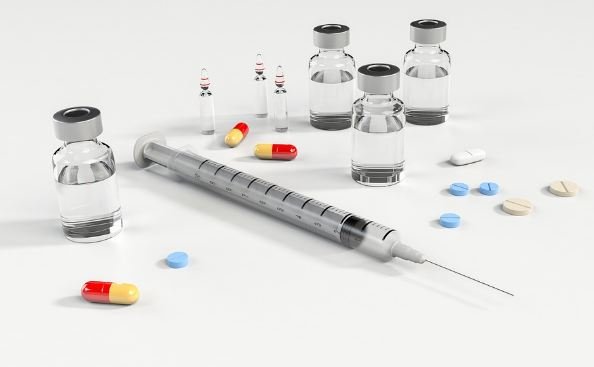The HPV vaccine, or Human Papillomavirus vaccine, is a vaccine that helps protect against certain types of cancers caused by HPV. It is recommended for children ages 11-12, with the series of two doses given 6 to 12 months apart. The vaccine can also be given to individuals up to age 26 who have not previously been vaccinated. The vaccine has been effective in decreasing HPV infections and cervical precancers. It is important to note that like any vaccine, it may have mild side effects but the benefits far outweigh the risks. [1][2]
Composition of the HPV vaccine
The HPV vaccine, such as Gardasil 9, is a non-infectious recombinant vaccine made from purified virus-like particles of the major capsid protein of HPV types 6, 11, 16, 18, 31, 33, 45, 52, and 58. It has high efficacy against HPV-related persistent infection, cervical intraepithelial neoplasia (CIN) 2/3, and adenocarcinoma in situ (AIS). The vaccine has been found to be close to 100% effective in clinical trials for those without prior infection with the vaccine types. It may require two or three doses depending on the person’s age at the start of the vaccination series. [3][4]
Recommended age groups for HPV vaccination
The HPV vaccination is recommended for preteens and adolescents aged 11 to 12. It can be given as early as age 9. The Centers for Disease Control and Prevention (CDC) recommend getting vaccinated before becoming sexually active. It is important for both boys and girls to receive the HPV vaccine, as it can prevent various types of cancers and genital warts. Adults up to age 26 may also benefit from the vaccine if they missed getting vaccinated when they were younger.
Side effects of the HPV vaccine
The HPV vaccine, Gardasil 9, is safe and effective at preventing HPV-related infections and cancers. Like all vaccines, it may cause side effects, but these are usually mild and include pain, redness, or swelling where the shot was given. In rare cases, severe allergic reactions can occur. Individuals with severe allergies or who have had a life-threatening reaction to a previous dose of the vaccine should not receive it. Parents should talk to their child’s doctor to determine if the vaccine is appropriate for their child. [7][8]
Dosage and schedule for the HPV vaccine
The CDC recommends that all adolescents receive two doses of the HPV vaccine at age 11 or 12 years, with the second dose given 6-12 months after the first. Individuals who receive the first dose before age 15 may receive two doses, while those who receive the first dose at or after age 15, or who have certain immunocompromising conditions, should receive three doses. GARDASIL 9, which protects against 9 types of HPV, also requires multiple doses for maximum protection. It is important to follow the recommended dosing schedule and complete the full series to ensure maximum protection. [9][10]
About the Author
Reyus Mammadli is the author of this health blog since 2008. With a background in medical and biotechnical devices, he has over 15 years of experience working with medical literature and expert guidelines from WHO, CDC, Mayo Clinic, and others. His goal is to present clear, accurate health information for everyday readers — not as a substitute for medical advice.







